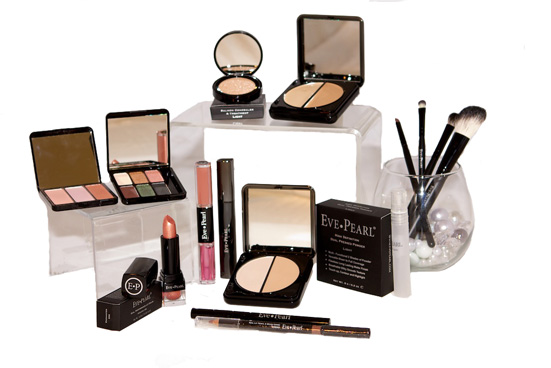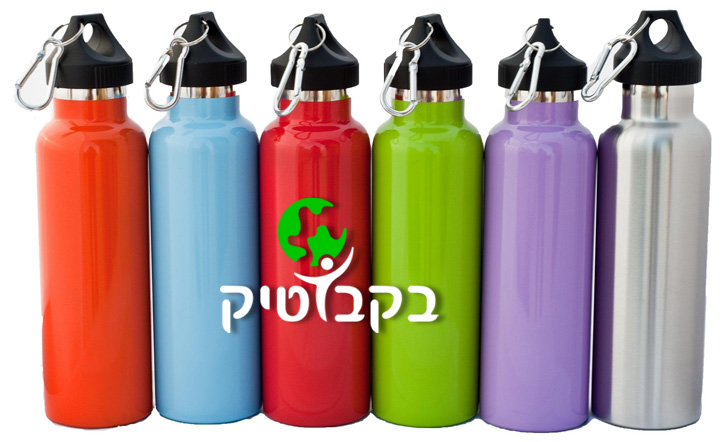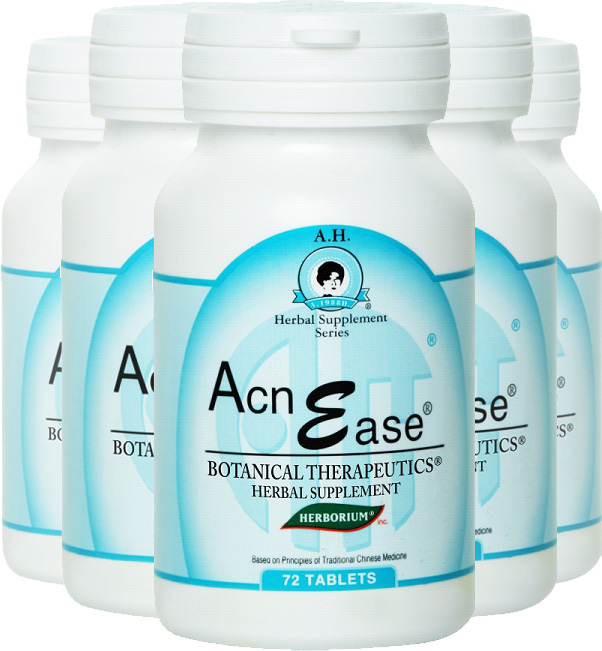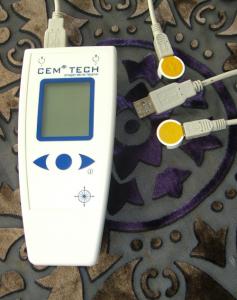Good Fats versus Bad Fats
03-27-2013 / By:
Staying in shape during the holidays can be challenging to some people. Rather than applying portion control, they are unable to resist the temptation of eating dishes that are exclusively made for the holidays. A lot of dishes are not always nutritious and contain high content in sugar, sodium and fat. Certain fats are hard to avoid. Making distinctions between the fats that are good and bad for you can help you stick to your healthy diet on Passover. We all want to shape in shape and enjoy the dishes we eat. Here is how we can.
We start be
debunking the myth that all fats are bad for you. The truth is saturated fats
and trans fats are bad for you because they raise your cholesterol and increase
your risk for heart disease. But monounsaturated fats and polyunsaturated fats
are good for you, lowering cholesterol and reducing your risk of heart disease.
Monounsaturated
fats (MUFAs) lower total cholesterol and LDL cholesterol (the bad cholesterol)
while increasing HDL cholesterol (the good cholesterol). Nuts including
peanuts, walnuts, almonds and pistachios, avocado, canola and olive oil are
high in MUFAs. MUFAs have also been found to help in weight loss, particularly
body fat.
Polyunsaturated
fats also lower total cholesterol and LDL cholesterol. Seafood like salmon and
fish oil, as well as corn, soy, safflower and sunflower oils are high in
polyunsaturated fats. Omega 3 fatty acids belong to this group.
So what can you do?
Nutritionists
recommend avoiding using cooking sprays and oils that are high in saturated
fats and/or trans fats such as coconut oil, palm oil or vegetable shortening.
Instead, use oils that are low in saturated fats and high in monounsaturated
and polyunsaturated fats such as canola oil, olive oil and flax seed oil.
Always read labels to look for trans-fat free alternatives. You should try minimizing the use of commercially packaged foods which are high in trans fats. Lastly, as saturated fats are found in animals products, use lower-fat version dairy such as 1% or skim milk instead of whole milk. Trim visible fats and skins from meat products.






